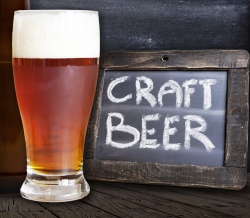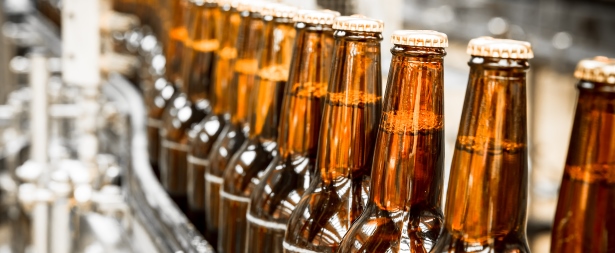Beer Bills: New Laws & Legislation on Tap
Chair, Franchise & Distribution Practice Group
by Barry Kurtz
818.907.3006
There are a number of bills and new laws that craft brewers should have on the radar – legislation that could affect operations and distribution.

In California, two of these bills became law, while one is still pending state senate approvals.
Assembly Bill 2004: This bill could allow craft beer makers to sell brew at farmers’ markets. Brewers would need to apply for a sales permit from the Department of Alcoholic Beverage Control. If passed, the bill would allow the licensee or an employee of the licensee to sell up to 5,000 gallons of beer per year at these venues. AB 2004 was last amended in the Senate June 25th.
Assembly Bill 2203: Meant to reduce keg theft, it is now a crime to obliterate or mark out a beer manufacturer’s name/labeling on metal kegs, returnable beer containers, and wood or fiber board cartons – without the manufacturer’s written permission. The law was adopted August 21st.
Assembly Bill 1928: Beer makers may not produce or offer, and sellers cannot accept or redeem, coupons for beer. This forbids giving premiums, gifts or free goods as incentives to sell or distribute alcoholic beverages. The new law was approved July 18th, and affects all beer manufacturers, distributors or wholesalers, and retailers.

Brewing in Other States
For those making or selling beer in the rest of the country, some new laws have gone into effect:
Hawaii Senate Bill 3042: Signed by Governor Neil Abercrombie on July 3rd, this law removed a 30,000 barrel per year production limit on brew pubs. There is also a new license class for smaller craft brewers.
Delaware House Bill 299: Movie-goers in Delaware can now see their favorite blockbusters in Beer-D. The term movie theater is defined in this new law, as a facility that hosts at least 250 movies per year, and is open at least five days per week.
Rhode Island House Bill 7133: This law reduces the excise tax on all beer produced in the state.
Maryland House Bill 132: This one loosens the controlling grip of Montgomery County – the only jurisdiction in the U.S. that had absolute control of the distribution of beer, wine and liquor since 1933. But as of July 1st, properly licensed brewers whether based in or outside of Maryland, can now sell or deliver beer directly to liquor dispensaries, restaurants and retailers.
Barry Kurtz is a Certified Specialist in Franchise & Distribution Law (State Bar of California Board of Legal Specialization) and the Chair of our Franchise & Distribution Practice Group. Contact him via email: bkurtz@lewitthackman.com or by phone: 818.907.3006 for more information.
